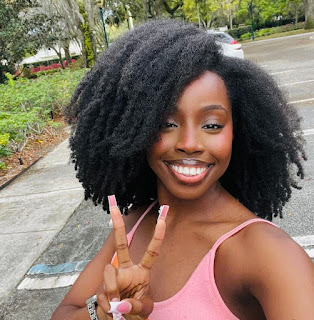How to Take Care of Locs

Taking care of locs requires regular maintenance to keep them clean, moisturized, and defined. Here are some tips: 1. Retwist regularly: Retwist your locs every 2-4 weeks to keep them neat and defined. 2. Wash carefully : Wash your locs with a gentle shampoo, working from the roots to the ends. Avoid using harsh chemicals or excessive water. 3. Condition deeply : Use a deep conditioning treatment once a month to moisturize and nourish your locs. 4. Keep them moisturized : Use a leave-in conditioner or hair butter to keep your locs hydrated and soft. 5. Protect from the sun : Use a hat or hair product with SPF to protect your locs from the sun's damaging UV rays. 6. Avoid harsh products : Avoid using products containing alcohol, sulfates, or parabens, which can dry out and damage your locs. 7. Be gentle when combing : Use a wide-tooth comb or your fingers to gently detangle your locs, starting from the ends. 8. Keep them tied up : Keep your locs tied up in a scarf or bun to reduc





